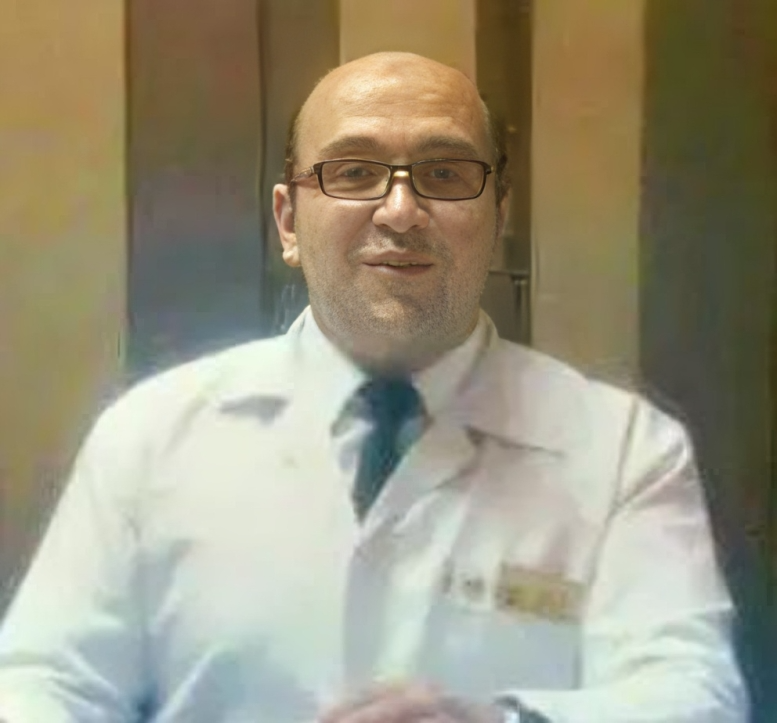Dr. Ahmed Tantawy
Cardiology and Catheterization Consultant
Police Hospitals
Specializations:
Adult Cardiology:
🫀 Diagnosis and treatment of heart diseases in adults, including coronary artery problems, heart failure, and arrhythmias.
Adult Vascular Diseases:
🌿 Treatment of vascular issues such as arterial blockages, varicose veins, and peripheral artery diseases.
Services and Tests:
ECG (Electrocardiogram):
⚡ A cardiac electrical examination to diagnose abnormal heart rhythms.
48-Hour Holter Monitoring:
⏱️ A portable device to monitor heartbeats for 48 hours to detect irregular heart rhythms.
48-Hour Blood Pressure Monitoring:
💧 A portable device for blood pressure measurement over a 48-hour period to get accurate readings.
Echocardiogram (Cardiac Ultrasound):
📡 A cardiac ultrasound test to assess the structural and functional aspects of the heart.
1-Week Holter Monitoring:
🎯 A portable device to monitor heart activity for one week to track any changes in heart function.
Normal ECG:
🔋 A routine electrical examination of the heart to diagnose simple heart issues.
Stress ECG (Exercise ECG):
🏃♂️ Assessing heart performance under physical exertion to evaluate how the heart responds to exercise.
24-Hour Blood Pressure Monitoring:
💉 A portable device to measure blood pressure for 24 hours to ensure accurate and continuous readings.
Diagnostic and Therapeutic Catheterization:
🛠️ A procedure for diagnosis and treatment by inserting tubes into the blood vessels to clear blockages or widen arteries.
Coronary Stent Placement:
🏥 Stent insertion to treat coronary artery blockages and restore normal blood flow.
Academic Qualifications:
🎓 Master’s in Cardiology and Catheterization from the Police Hospitals.
Clinic Features:
⭐ Elevator for easy access:
To facilitate access to the clinic’s upper floors, especially for elderly patients or those with special needs.
⭐ Television screen:
To follow news or medical information while waiting.
⭐ Air conditioning for patient comfort:
Ensuring patient comfort during the waiting period in all seasons.
⭐ Electronic payment:
Enabling secure and fast payments through modern electronic payment methods.
Address and Contact Information:
📍 Address:
39 Dr. Michel Bakhoum Street, off Al-Said Club Street in Dokki, in front of Metro Market.
📞 Phone Number:
0106 376 5568
The clinic offers a comfortable environment and integrated services using the latest medical devices for the diagnosis and treatment of heart and artery diseases.
We are here to provide you with the best healthcare.

